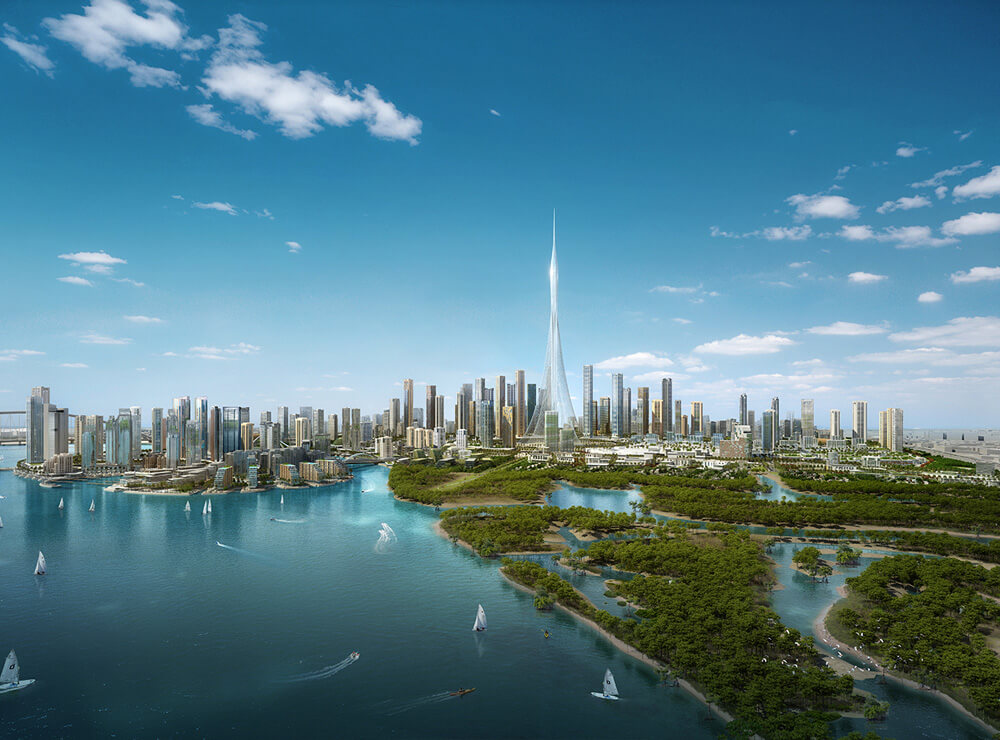
‘Steady As She Goes’ for UAE Property Growth in 2018
09.10.17UAE government pioneers fiscal adjustment in response to declining oil prices, milestones such as Expo 2020 and the introduction of VAT, look set to play key roles in boosting the Arabic region’s property market in 2018; a market consensus echoed by leading estate agents Cluttons' 5th annual UAE Property Market report which asserts that an increase in the rate of economic expansion is expected in 2018 and 2019, underpinned by higher spending levels. For the country's real estate markets, this is expected to translate into widespread stability and marginal growth in some segments by the end of 2018.
Expo 2020 is already hailed as a ‘catalyst for change’ on the horizon, as is the government's plan to introduce a formal tax regime viewed as a positive step in helping secure much-needed alternative revenue streams. Time will be needed for the market to absorb the changes caused by the introduction of VAT – but resumption in growth is by and large expected in due course.
Performance barometers Dubai and Abu Dhabi offer a ‘window’ into the investment future. Although prices have continued to fall in Dubai, soft correction in the market appears to be nearing an end, with many locations starting to show signs of bottoming out. In fact, during the first six months of 2017, just seven of the 32 submarkets tracked in the emirate registered price falls, with all other locations seeing no change in values.
The emirate’s rental market fortunes remain largely tied to the looming Expo 2020, driving up the rate of job creation and tenant demand, but this is not expected to kick-in for another six to nine months. Dubai's office market meanwhile, continues to buck the trend being observed elsewhere in the property market, with rents remaining relatively resilient. DIFC continues to be the stand out performer with rents remaining the priciest in the city. While it has already stamped its authority as the region's foremost financial business hub, the planned addition of further Grade A stock, such as Emirates Towers Business Park, will intensify demand and help transition the financial centre from a regional hub to a global one.
Abu Dhabi's economy meanwhile remains intrinsically linked to the hydrocarbon sector, which has been a critical engine of growth for a range of supporting and related economic segments, each of which plays a key role in creating fresh demand for both residential and commercial property in the emirate.
Despite the mixed performance of the residential market in the first half of the year a levelling off of prices has characterised much of Q3. The industrial sector has been the city's brightest star, with rents holding steady for the last three quarters. This has been underpinned by robust demand for industrial space and a genuine lack of surplus stock to upset the delicate supply-demand equilibrium.
Rent corrections in the office market of between 5% to 10%, across the board are expected by the end of 2017 although the market's performance will remain hinged on the ability of the economy to shake off the drag generated by the low oil price environment.
Abode Affiliates
COPYRIGHT © Abode2 2012-2024





















































































































































































































